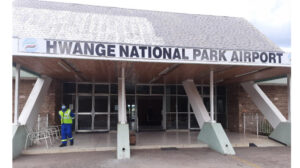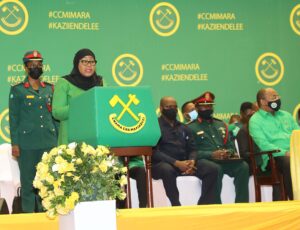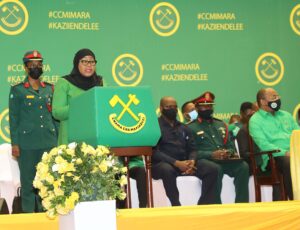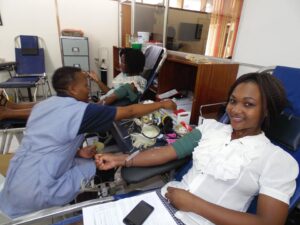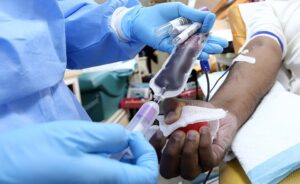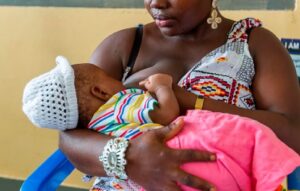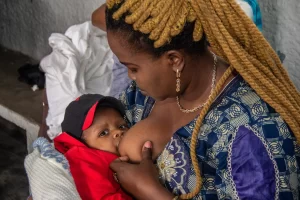VICE–PRESIDENT Constantino Chiwenga, while addressing Zanu PF supporters in Stoneridge, Harare South constituency, highlighted several achievements that he said have been achieved by the current administration for the past five years it has been in power.
The claims were carried by newspapers here and here.
These two claims have been made previously by other government officials and fact checked before, namely the Information minister Monica Mutsvangwa here and President Emmerson Mnangagwa here.
CLAIM 1: We are the most literate State in Africa.
VERDICT: False. The literacy rate is defined by the percentage of the population of a given age group that can read and write. The adult literacy rate corresponds to ages 15 and above, the youth literacy rate to ages 15 to 24, and the elderly to ages 65 and above. It is typically measured according to the ability to comprehend a short simple statement on everyday life. Generally, literacy also encompasses numeracy, and measurement may incorporate a simple assessment of arithmetic ability. The literacy rate and number of literates should be distinguished from functional literacy, a more comprehensive measure of literacy assessed on a continuum in which multiple proficiency levels can be determined. The latest UNESCO Institute for Statistics ( UIS ) have Zimbabwe at 88.7 percent, Seychelles at 96 and South Africa at 95.
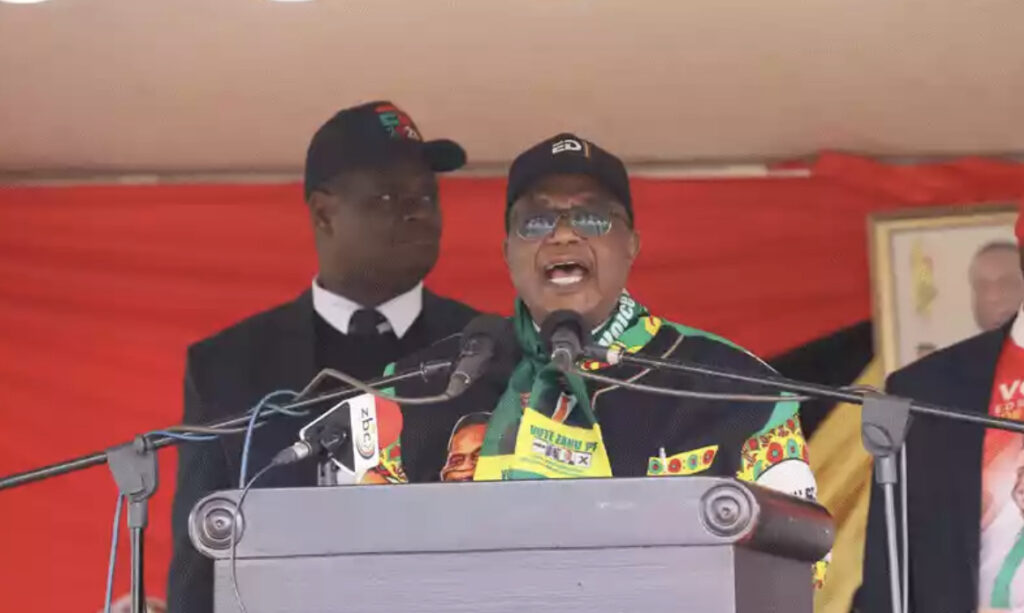
Credit: Newsday
CLAIM 2: We have the fastest GDP (gross domestic product) growth, not only in southern Africa but worldwide.
VERDICT: The Zimbabwe government has projected that the economy will grow by 3.8% in 2023, after growing by an estimated 4% in 2022.
This is lower than other countries in the region.
For example, the Africa Development Bank estimates that the Zimbabwe economy grew by 3% in 2022. This is lower than Zambia’s 3.1%, Mozambique’s 3.8%, and Botswana’s 4.2% for the same year.
The AfDB expects the Zimbabwe economy to grow by 2.9% in 2023. It forecasts Zambia to grow by 4.2%, Mozambique by 6.5%, Malawi by 3%, Botswana by 3.8% this year. Zimbabwe will however grow faster than South Africa, which AfDB expects to grow by 1.6%.
The IMF, on the other hand, estimates that the Zimbabwe economy grew by 3% last year. IMF says Zambia grew by 3.4% last year, Tanzania by 4.7%, and Botswana by 6.4%. IMF believes Zimbabwe will grow by 2.5% in 2023, lower than other regional economies; this year, Zambia is forecast to grow by 4%, Botswana by 3.7% and Mozambique by 5%. Zimbabwe is expected to do better than 2.4% in Malawi and South Africa’s 0.1%.
In 2021, Zimbabwe had one of the highest GDP growth rates in the region, when it grew by 8.5%, per IMF and Zimbabwe government, or 7.2%, according to AfDB. However, even that strong growth rate was slower than that of Botswana for that year, which was above 11% according to the Africa Development Bank and the IMF.
Vice President Chieenga’s claim that Zimbabwe has the fastest GDP growth rate is false. Available data from various sources shows that Zimbabwe still lags behind some of its neighbours in economic growth, let alone the whole world.
